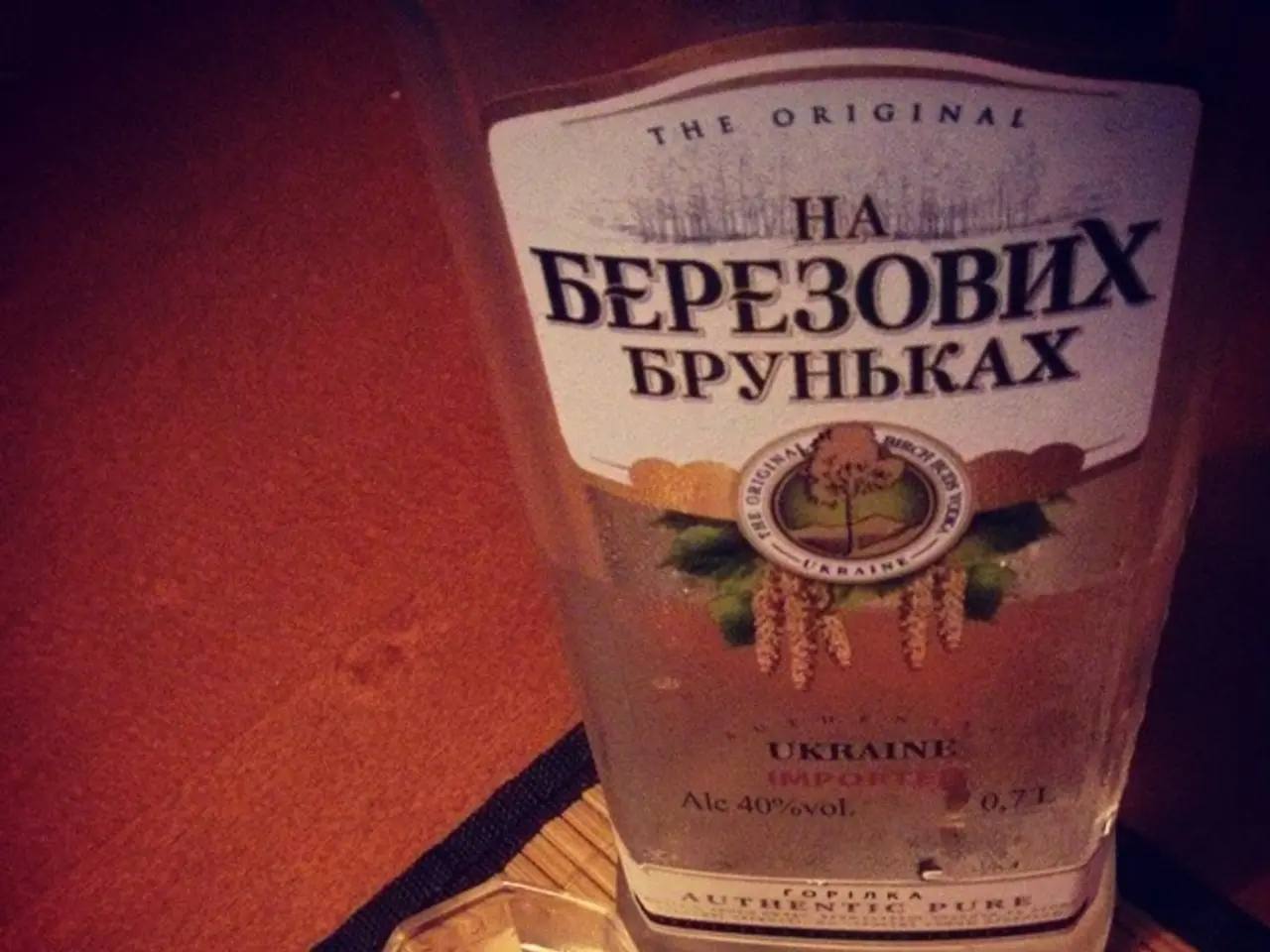Adolescent Purchasing Age for Alcohol: Where are the legal limits and what ages apply for different locations? - Age Limit for Purchasing Alcohol: Where and How Old?
The Association of Tank Station Owners (TIV) has emphasised the strict enforcement of youth protection at gas stations, following calls from Federal Drug Commissioner, Hendrik Streeck, for stricter alcohol rules in supermarkets and petrol stations. However, the TIV did not comment on potential stricter alcohol regulations in supermarkets in their statement.
Globally, regulations regarding alcohol consumption for minors vary significantly. In many countries, the legal drinking age is set at 18 or older, and alcohol consumption by minors is strictly forbidden. For instance, in Hong Kong, the sale and supply of alcohol to persons under 18 is prohibited in all premises, including retail stores, to curb underage drinking. Similarly, in the Czech Republic, alcohol cannot be sold to minors under 18, and consumption in health care facilities, schools, or events for minors is forbidden.
However, some countries permit limited alcohol consumption for adolescents younger than 18, often under parental supervision. In Germany, young people aged 14 and over are allowed to drink beer, wine, and wine-containing drinks in public if accompanied by a parent or guardian. This is part of a broader cultural approach where regulated supervised consumption is considered. In the United Kingdom, although the legal drinking age is 18, 16-17-year-olds may consume alcohol during meals if accompanied by an adult.
In some countries like Switzerland, the purchase age for beer and wine is 16, and 18 for spirits, but minors consuming alcohol under parental guidance may be permitted. Public consumption by minors is not federally illegal, but cantonal laws regulate supplying alcohol to minors, with some restrictions at specific public places.
On the other hand, nations with majority Muslim populations or strict cultural/religious prohibitions often ban alcohol consumption entirely regardless of age. Examples include Afghanistan, Iran, and Saudi Arabia.
It is uncommon for 14-year-olds to be legally allowed to consume alcohol freely. However, in a few countries, limited, supervised use of beer or wine is permitted. Enforcement and cultural attitudes greatly influence the practical application of these laws.
The TIV warned of economic consequences if alcohol sales are restricted at gas stations, suggesting it could contribute to the "creeping decline" of gas stations. If alcohol sales at gas stations are restricted, customers may switch to supermarkets and buy larger quantities. Similar rules apply in the UK, Switzerland, and Austria.
The TIV's statement does not indicate any changes in the current age restrictions for alcohol purchase or consumption in gas stations. The statement also does not provide any new information about the current status of alcohol regulations in other locations, such as supermarkets, restaurants, or other countries.
The TIV's statement comes in response to a request from the news agency DPA. The TIV did not mention any specific plans or proposals for changes in alcohol regulations at gas stations.
[1] Hong Kong Government: Liquor Licensing (Amendment) Ordinance 1997 [2] World Health Organization: Age and Alcohol Policy [3] Czech Republic Government: Alcohol Act [4] German Federal Ministry of Food and Agriculture: Youth Protection at Gas Stations
- Other inclusionary regulations, such as those involving mixtures of fruit and vegetables, require careful consideration in workplace-wellness programs for health-and-wellness and fitness-and-exercise.
- Sexual-health education and resources are essential for family-health and should be integrated into school curriculums as a matter of policy-and-legislation.
- Mental-health therapies and treatments have shown significant improvement in mens-health, particularly in addressing mental health disorders like depression and anxiety.
- Skin-care practices and products have become increasingly essential in maintaining good health and wellness as we age, with women's-health and aging playing significant roles in this area.
- Nutrition plays a vital role in every aspect of our lives, from weight-management and general-news to migrations and war-and-conflicts.
- The importance of proper parenting in supporting the mental-health and well-being of children cannot be overstated, particularly in the face of crime-and-justice and accidents like car-accidents and fires.
- Medications like CBD have gained popularity in addressing a range of health issues, from pain management to anxiety relief, but their long-term effects and regulations remain a subject of ongoing research and policy-making.
- The use of legal alcohol consumption by minors should be carefully regulated, given the potential impacts on family-health, mental-health, and overall well-being.
- The implementation of stricter alcohol regulations in supermarkets and petrol stations, like those suggested by Hendrik Streeck, can reduce the rates of juvenile delinquency and crime-and-justice.
- In addition to employment and economic factors, workplace-wellness programs should include comprehensive health-and-wellness initiatives to promote overall employee well-being.
- The TIV's stance on potential stricter alcohol regulations in supermarkets is not indicative of their position on stricter alcohol regulations in other locations, such as bars, restaurants, or online platforms.
- The TIV's primary concern is maintaining their business interests and preventing any economic consequences resulting from stricter alcohol regulations at gas stations, but this disregards the broader health-and-wellness implications for society.
- The media's role in accurately reporting on and shaping public opinion about policy-and-legislation issues, including alcohol regulations and other general-news topics, is crucial in fostering informed and active citizenry.




